Electric Kettle Over a Stovetop Kettle
Electric kettles have become essential kitchen appliances for many households due to their ease of use and functionality. Traditional stovetop kettles are charming, but electric kettles are a better option for rapidly and easily boiling water because of their many advantages. We’ll go over the benefits of using an electric kettle instead of a stovetop kettle in this blog post.
Speed and Efficiency
An electric kettle’s ability to boil water quickly is one of its biggest benefits. Electric kettles have built-in heating components that quickly heat water to a boiling point, in contrast to stovetop kettles, which depend on a heating element on the stove. They are therefore perfect for hectic mornings when you need hot water in a hurry for instant noodles, coffee, or tea.
Precise Temperature Control
Many modern electric kettles are equipped with advanced features such as temperature control settings. This allows you to heat water to specific temperatures, whether you need boiling water for tea or slightly cooler water for delicate herbal infusions. Such precise control is often not possible with stovetop kettles, where you have to rely on visual cues or guesswork to determine the water temperature.
Accurate Temperature Control
A lot of contemporary electric kettles come with cutting-edge features like temperature control settings. This makes it possible to heat water to desired temperatures, be it hot enough for tea or just cold enough for delicate herbal infusions. With stovetop kettles, you frequently cannot achieve such exact control and must instead rely on visual signals or educated guesses to establish the water’s temperature.
Automatic Shut-Off and Safety Features
Electric kettles are designed with safety in mind. Usually, they have automated shut-off mechanisms that activate the kettle when the water reaches a boiling temperature or if there isn’t enough water in it. This lowers the chance of mishaps like fire dangers in addition to keeping the kettle from boiling dry. Conversely, stovetop kettles need to be constantly watched over and supervised to avoid burning or overboiling.
Energy Efficiency
Because of their insulated design and direct heating mechanism, electric kettles use less energy than stovetop kettles. Compared to heating a bigger volume of water on a cooktop, they use less energy because they just heat the amount of water you need. Because of this, electric kettles are not only economical in the long term but also environmentally good, saving electricity and time.
Convenience and Portability
The portability and convenience of electric kettles is another benefit. With their wireless designs and detachable bases, the majority of electric kettles make it simple to lift and pour hot water without having to deal with tangled connections. Because of this, they are perfect for using while traveling, in hostels, or at offices to give you hot water wherever you go.
Simple Maintenance
Compared to stovetop kettles, electric kettles often require less maintenance. The materials used to make electric kettles are frequently BPA-free plastic or stainless steel, which is odor- and stain-resistant and easy to clean. In order to guarantee consistently clean and pure-tasting water, several models additionally have washable and replaceable filters.
Conclusion
There are a lot of strong arguments in favor of utilizing an electric kettle instead of a stovetop kettle. Electric kettles offer a better and more contemporary way to boil water fast and efficiently. They do this by providing ease of maintenance, precise temperature control, safety features, energy efficiency, speed, and convenience. Investing in an electric kettle can significantly improve your kitchen convenience, whether you’re a coffee or tea aficionado or just enjoy to have tea.




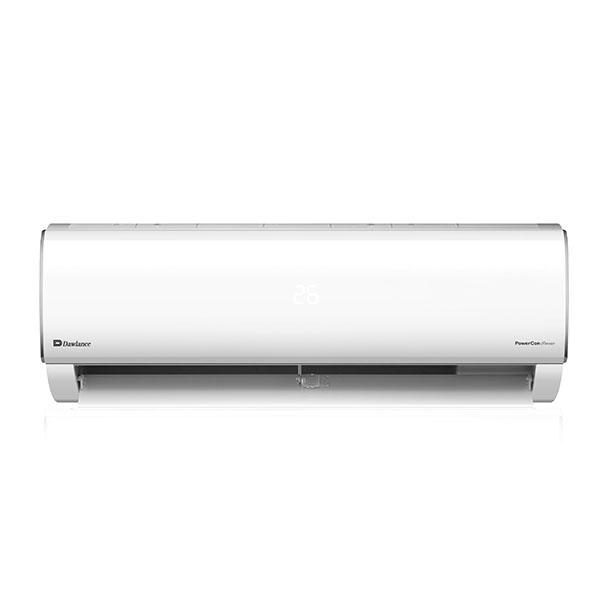

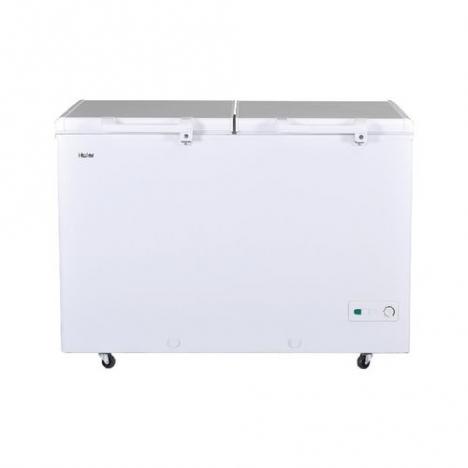

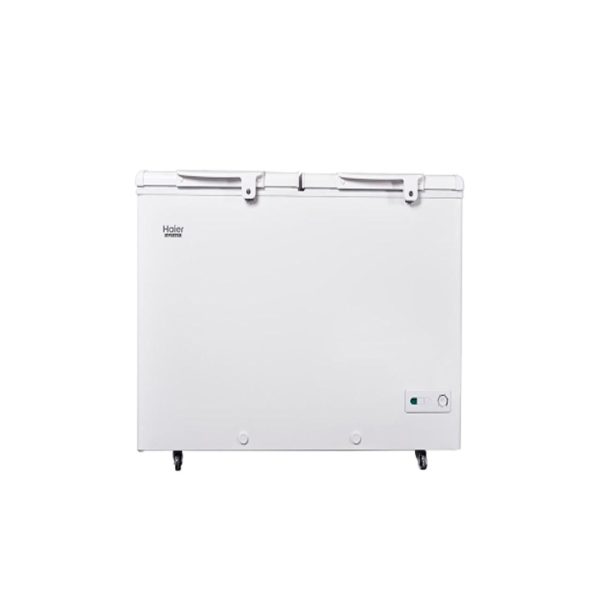




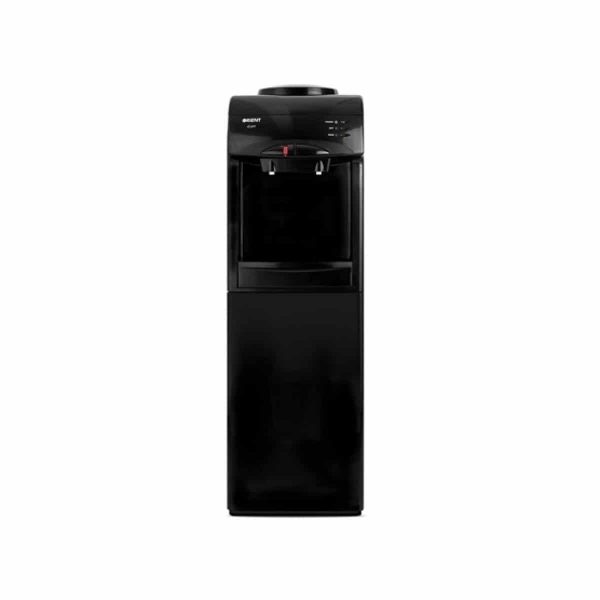
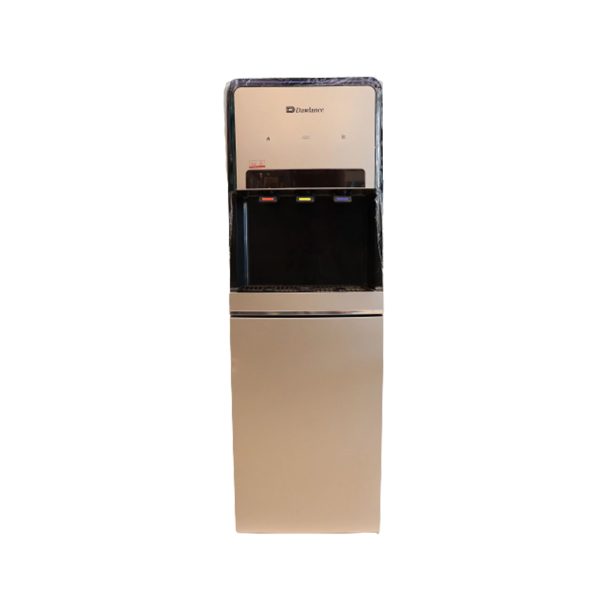


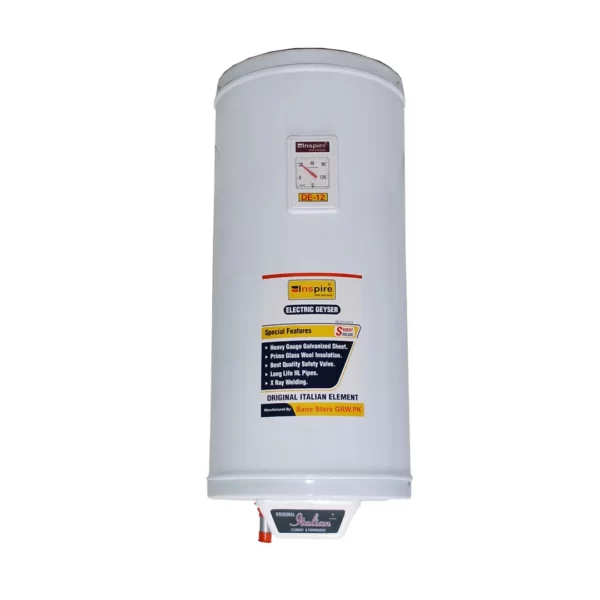




 Dryers
Dryers Ironing / Garment Care
Ironing / Garment Care